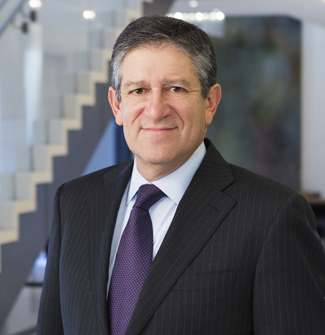Ordinarily, when a communication between an attorney and her client is disclosed to a third party, that communication loses its privileged status. The common interest privilege operates as an exception to that rule that allows the privilege to extend to communications with certain third parties. For the common interest doctrine to apply, the communication must be in furtherance of a legal interest that is shared by the client and the third party. Historically, New York courts additionally required that the communication relate to legal advice regarding pending or prospective litigation. On December 4, 2014, in a landmark decision, a New York appellate court did away with this additional requirement.
New York Extends Common Interest Privilege Protection to Non-Litigation Communications



